The audio of this sermon can be found here. Below is an excerpt from the manuscript.
For the past few months, Christians all over the world have had their regular worship interrupted due to compliance with orders intended to flatten the curve of the novel coronavirus, affectionately known as COVID-19. Most, I am sure we are tired of hearing about our current pandemic, but God has allowed our circumstances. He sovereignly rules over all (Psalm 103:19). I believe strongly God has something for us to learn these days. He is speaking, will we be sensitive enough to listen? One point for our consideration in this heightened sense of listening directly relates to ecclesiology or the doctrine of the church.
David Wells said, “What someone thinks about the church tells us exactly what that person is thinking about Christianity.”[1] What do you think of when you think of this word: Church? Do you think about a building, an experience, a group? Do you think of a gathering of people? Or, is the first thought that consumes your mind when you think of church God? Some of you may say well of course and if that is your case, I want to challenge you to ensure that you have not given God the assuming position of an afterthought.
A.W. Tozer, in Knowledge of the Holy, said, “What comes into our minds when we think about God is the most important thing about us.” I am so afraid that too often we miss God in our thoughts of Church. We are far too consumed with our preferences or our opinions of things that we miss what Church is all about. When I say all about I am talking in terms of what is essential. What does that mean? The term essential is a foundational term. By essential I mean that apart from this thing other things are not true. For example, It is impossible for me to wear shoes without shoes. Another example: air is essential for you to live. The body cannot survive without air. Now people do all sorts of things to breathe, how they breathe is not as essential as breathing itself. In terms of church, we need to concentrate on what first over how. We are quick to answer the how question but we won’t get the how until we get the what, and we won’t get the what until we get the who question right.
If we are to understand the church, we must begin with what is essential to the church. This is a better way for us to begin than for us to begin with what the church does. We need to answer who we are before we get to what we do. We need to ask what, if removed from the church, causes the church to no longer be the church? You and I know the answer. The answer is God, but I am afraid that we are too quickly satisfied with that answer when instead we should worship at such an answer. If we are all about God then our minds should desire to know more about what it means to know this God as well as to worship this God.
We begin a new series intended to answer this question, “What good is the church?” The online option we have experienced is no substitute for the assembling ourselves together. Praise the Lord for the option, but we should be careful to not call what we have experienced “church.” What should we call it? I am not sure, but it should not be called church. The church has been scattered. We long for the day we will gather again. For the past few months, most of the church has not been together. Again, please don’t think I am speaking negatively against the online experience, I am simply suggesting it is no substitute for church. To suggest otherwise is a flawed understanding of “church.” The church has not gathered in a few months, is the world a better place? Does the world notice we have not gathered? What good is the church? Before we to the question we have to begin with a foundational understanding of the church.
[1] David Wells, The Courage to be Protestant, 2nd. Ed., 177.

